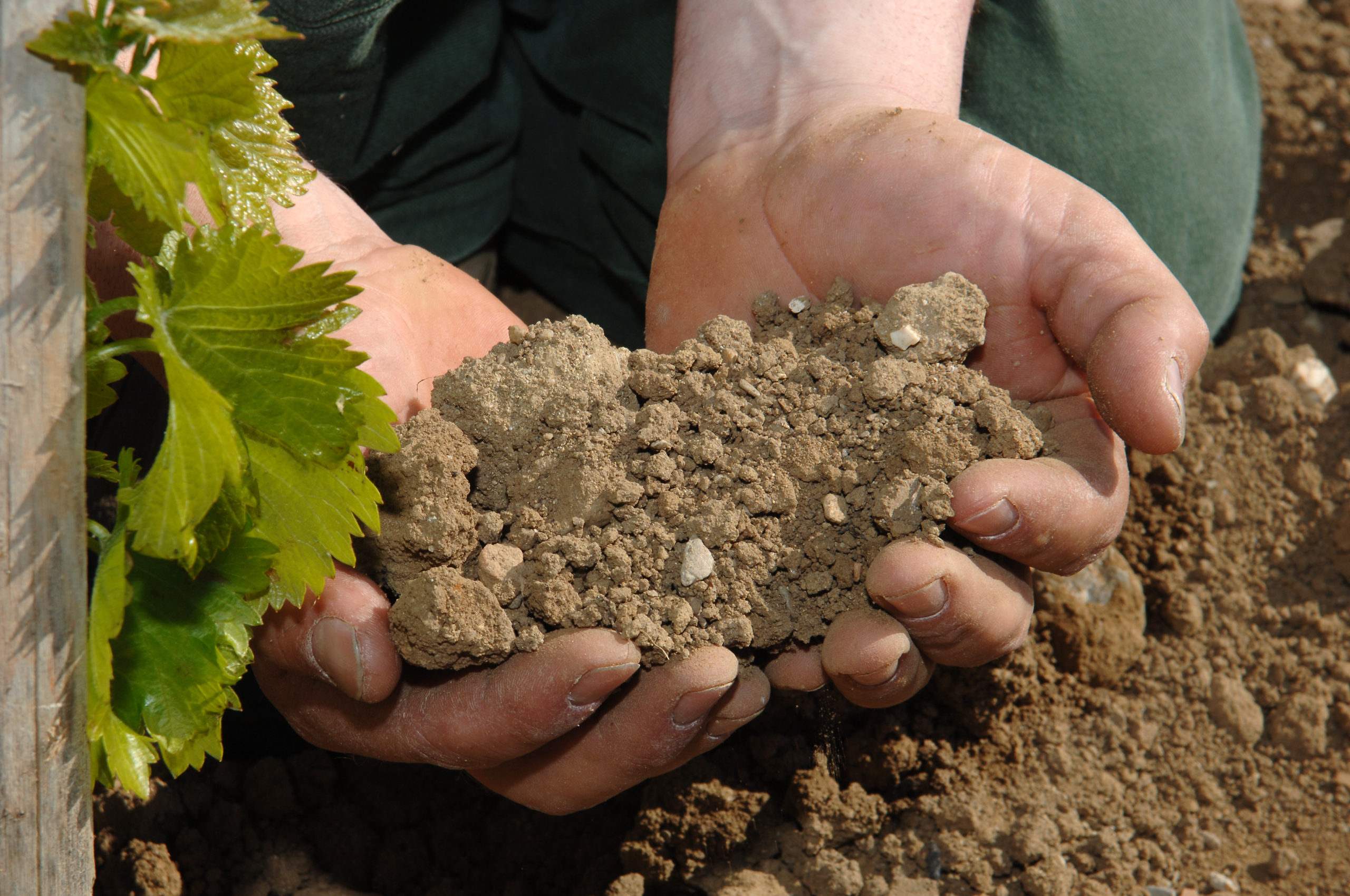Natural Talent: Roussillon Embraces Orange and Natural Wines
Orange and natural wines have established a firm foothold in Roussillon. On one hand, smaller producers are marrying their approaches to biodynamic or organic viticulture with low-intervention winemaking to develop an ethos as characterful as the wines they produce. On the other, more conventional winemakers are producing orange and natural wines in parallel with other more traditional offerings, showcasing the exceptional and inherent quality of the fruit alongside the unquenchable thirst for experimentation and innovation. Whatever the case, orange and natural wines have a firm following in the region, and a rising reputation around the world.
As with all new movements, that reputation sometimes needs promotion and protection. In 2019, the Le Syndicat de Défense des Vins Naturels was established to represent the growing community of natural winemakers in France and internationally. The union established a charter to define natural wines and protect the name and philosophy from misleading or unscrupulous use. The result was the “Vin Méthode Nature” label for wines that meet essential criteria, such as organic or biodynamic viticulture, hand harvesting, vinification with natural yeasts, and an absence of additives in the winemaking process, including no sulphur during fermentation or in tank. The group has members in Roussillon, including for example Mas Amiel and Domaine Cazes, and is producing wines that qualify as Vin Méthode Nature from the region.
Of course, the philosophy behind both natural and orange winemaking is often one that avoids rulebooks and conventions to create wines that are unfettered and free. Across Roussillon, winemakers have proudly been following their hearts, pushing the boundaries of what is possible within both these very distinctive styles – the rules of their appellation.
Orange Wines from Roussillon
Orange wines are made mainly by fermenting white grapes on their skins, for days, weeks or months. The long maceration causes the juice to take on an orange colour and results in obvious tannins in the final wine. However, thanks to the quality of the grapes and their optimum ripeness, the finest maintain their freshness and the hallmark characteristics of their underlying varieties, combined with additional complexity and structure.
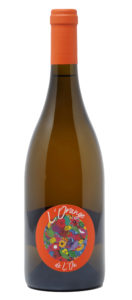
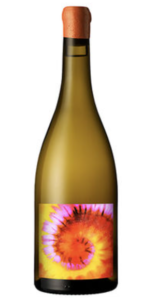

Château de l’Ou – Orange de L’Ou – IGP Côtes Catalanes
Made from Muscat Blanc à Petits Grains with long skin contact of four months in terracotta amphora, the result is an aromatic and complex wine that shows orange zest notes, alongside citrus fruit, peach and ginger spice. A wine of great concentration and length.
Domaine Lafage – Taronja de Gris Orange Wine – IGP Côtes Catalanes
Representing the region’s Catalan heritage, Domaine Lafage named their wine Taronja after the Catalan word for Orange. Based on Grenache Gris, Grenache Blanc, as well as a little Muscat and Viognier, the wine is amber in colour with orange peel, white pepper, ginger, melon and citrus fruit, wrapped up with light tannins and fresh acidity.
Dom Brial – Vin Orange – IGP Côtes Catalanes
A pure Muscat Blanc à Petits Grains made with long maceration. The result is a rich, fruity, and yet fresh wine, packed with citrus, kumquat and orange blossom.
Natural Wines from Roussillon
Sharing much the same philosophy as orange wines, but with a marked difference in colour and style, are Roussillon’s natural wines. Typically, these (mainly) reds involve early picking, limited skin contact (or carbonic maceration) to extract colour and flavour, and quick bottling to limit the risk of bacterial spoilage. However, quality of fruit, combined with fastidious hygiene is allowing some in Roussillon to make a pre-fermenting cold extraction or to push fermentation further, extending maceration to extract more tannin, and ageing in vat to create more structured wines that nonetheless exhibit clear natural wine freshness and vibrance.

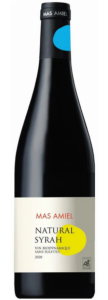
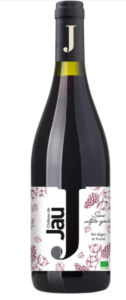
John Wine – Domaine Cazes – AOP Côtes du Roussillon
Made from biodynamically grown Syrah, Grenache Noir and Mourvèdre, this is a minimal intervention wine which is carefully macerated for 10 days and aged in tank to preserve its fresh forest fruit characters and lively acidity.
Natural Syrah – Mas Amiel – IGP Côtes Catalanes
From organic and biodynamic vines, this natural Syrah is part of a range of natural varietal reds (and a blended white) from the Côtes Catalanes. The result is a dark, smooth wine, with smoky aromas, dark fruits and the intense floral scent of violets or peonies.
Sans Sulfites – Château de Jau – AOP Côtes du Roussillon
A blend of organic Syrah and Grenache Noir harvested at peak maturity, allowing the wine to develop a full body and tight tannic structure, while showcasing bright red fruits and the region’s hallmark spice and garrigue characters.

